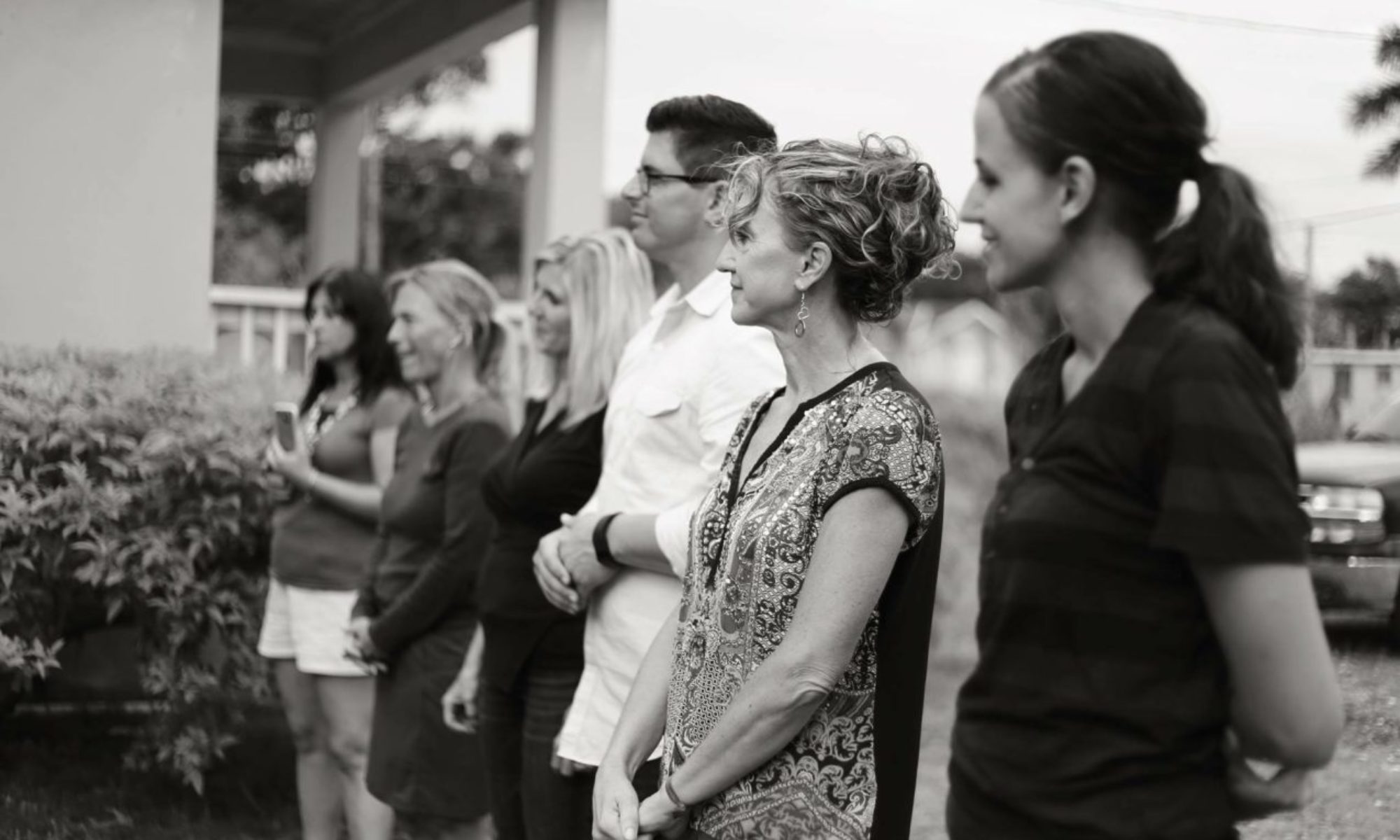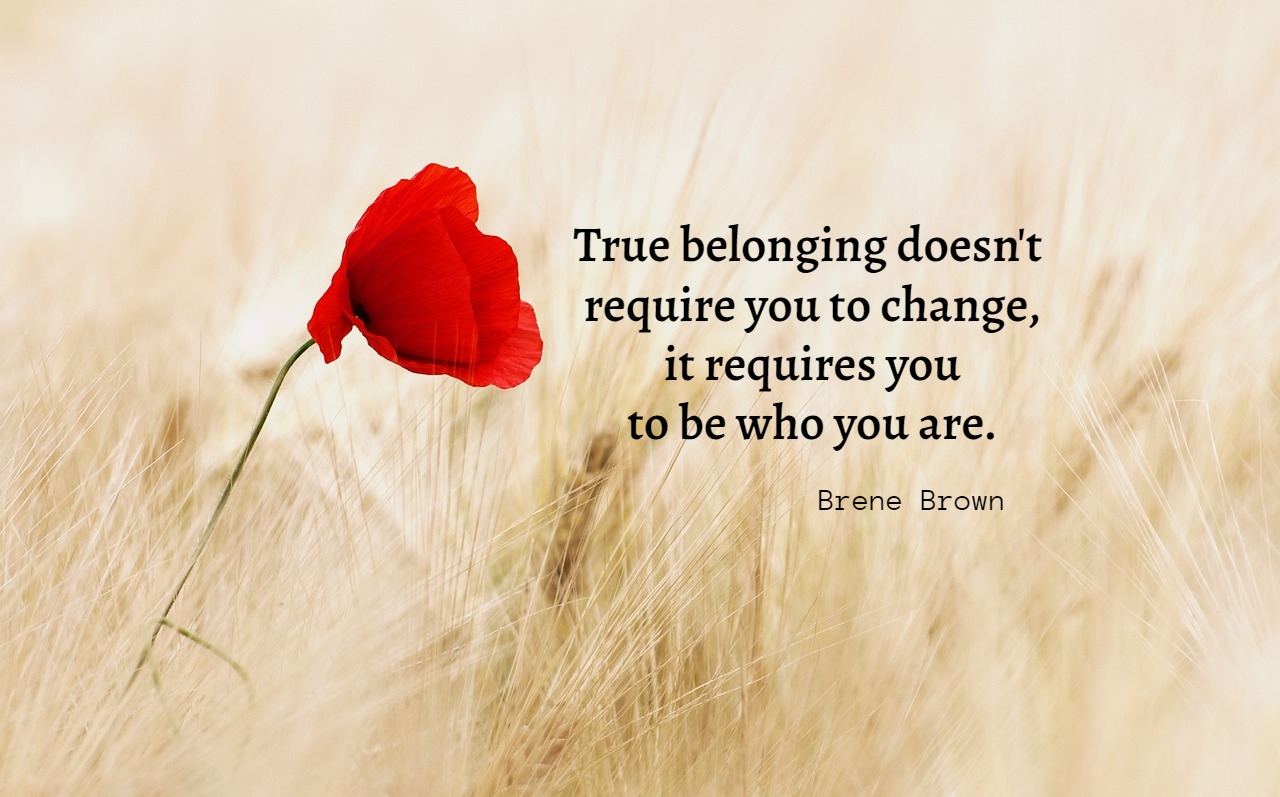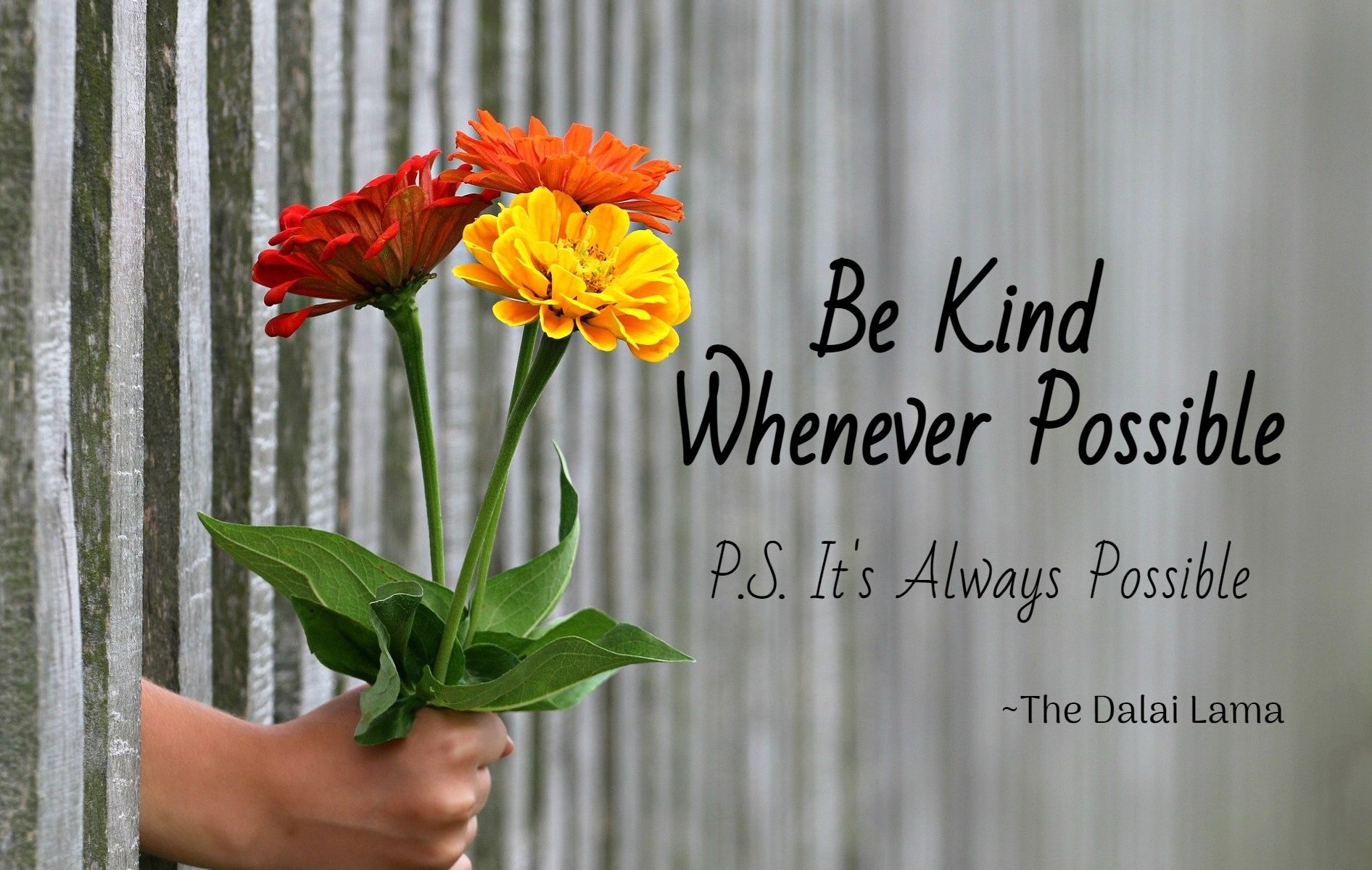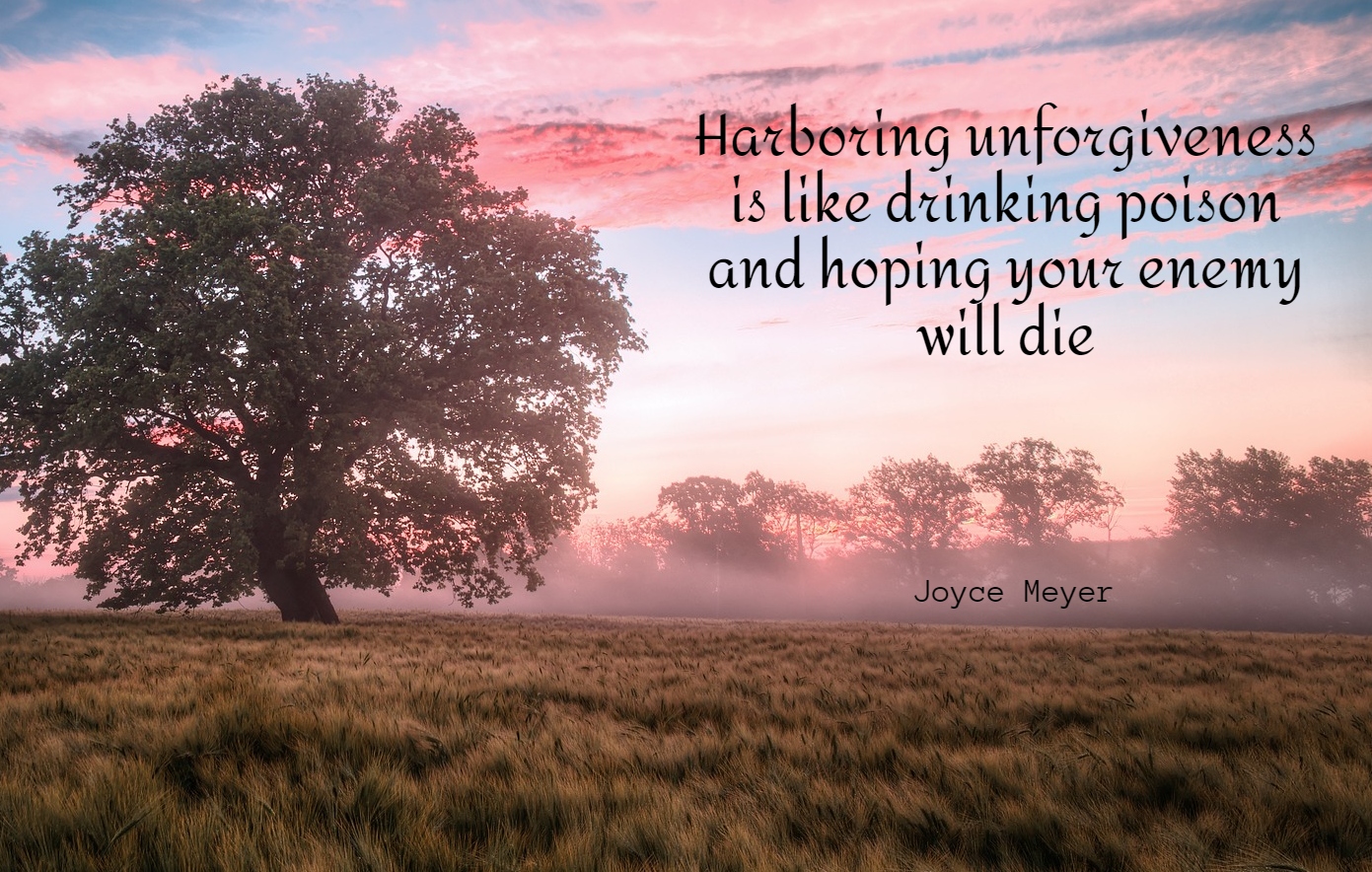Trust: A firm belief in the reliability, truth, ability, or strength of someone or something.
The term ‘trust’ can be used to describe a belief in the truth of an object, for example, “I believe that the rope bridge is safe, therefore I will venture across it.” Yet more often, the term is used in the context of a relationship. To trust in someone is to rely on their integrity and a belief that what they communicate through words and deeds is indeed true.
In the initial stages of a relationship, you don’t really know the person yet, so there could be no trust, or you may trust not so much based on their words or behavior, but rather on your personal bias towards others. For example, if you have not been betrayed in the past, you may be more likely to trust quickly. There are no rules that outline how long it should take to trust. Trusting may be more about the personalities involved than about any allotted timeframe. No matter the circumstance, the trust of others should never be abused or taken for granted.
Trusting in the ways of life is easy when things appear in flow, but to trust when your life is falling apart, that takes a great deal of faith. When life is challenging, and you feel that you have no one to turn to, know that you always have someone in your corner. Someone who will have your back, who will listen with empathy and guide with compassion. Our God is trustworthy and steady. Seek out his wisdom and spend some quiet time listening for his guidance.
The truth is, God is everywhere. He is on the mountain top and he is in the valley. He is in the sunshine and in the rain. He is in the cries of the newborn, and the smiles of the elderly. Know that you are here for a reason and whether you are on the mountain or in the valley, God is with you. He will not leave you nor forsake you. He hears your prayers and understands you heart. Trust in his will for you. Trust in his timing.
As you trust in him, be yourself trustworthy. There is a saying that states, “Trust takes years to build, seconds to break, and forever to repair.” We may not have the ability to control the words and deeds of others, but we can be a person of integrity ourselves. We can be an example of truth to others. We can proclaim our truth and live by it.
